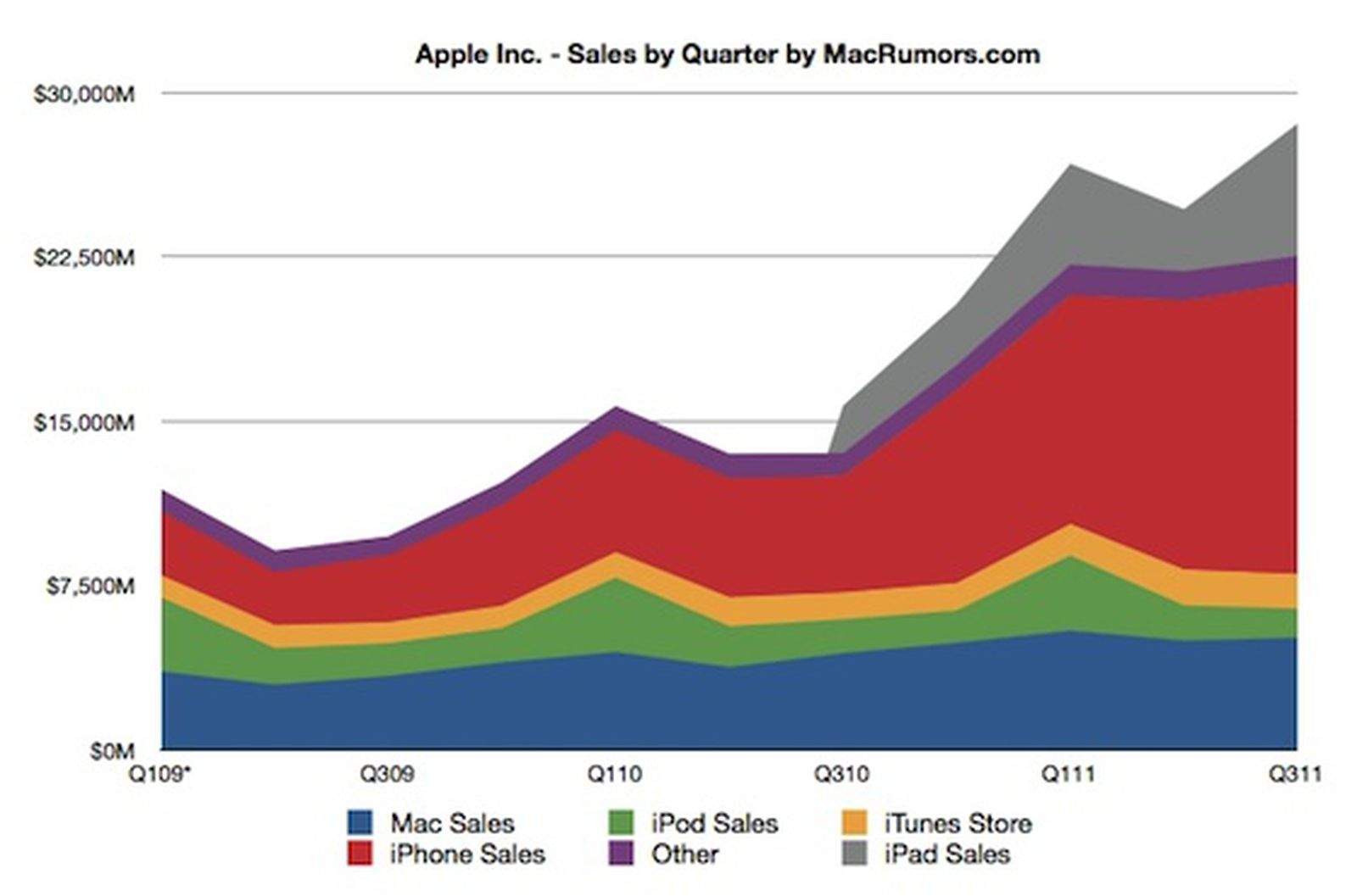No, that’s actually my point. That the DMA’s goal from the start was to put in place a structure that would hinder the creation of any NEW technology that would interfere with the growth of the two they’ve chosen. I’m glad to see you agree with that.

All their talk about fostering competition was always just that, talk.
Wow, the DMA may be the most versatile and capable law ever conceived, even having the ability to ignore all logic. It apparently simultaneously destroys Apple’s business, but also locks in Apple’s and Google’s dominance. Amazing!
But seriously, the goal wasn’t to foster competition in the mobile OS market, which your comment seems to imply was the goal. That would be a fool’s errand. The goal was to foster competition and level the playing field in tangential markets, like app distribution, browsers, music/video streaming, and gaming.
I think you meant to say that the market AFTER June 29, 2007 isn’t going to bear half a dozen platforms. Because, before, it was. Even for quite awhile after, it was.
You mean when smartphones were in their infancy and before mass adoption? Of course, the market hadn’t yet matured. The maturation killed off the weakest players and left two standing.
I’m assuming you’re writing this with a straight face having lived in a time when “no one was going to be able to dig into Nokia’s entrenched market position.”

That people lived in a time where they saw a market change like that happen and assume it will never happen again… I guess the biggest difference is, I understand that technologies come and go and something better ALWAYS comes along. That no one today is buying and using the latest Apple II is a clear sign that entrenched market positions aren’t as immutable as people think.
Nokia was taken out in a paradigm shift. The tech market transitioned from a paradigm where computing was done almost exclusively on desktops and laptops to one where most computing is done on a device in someone’s pocket. A device that it just so happened, could also make phone calls and text, thus rendering such a device redundant. Apple and Google could certainly be taken out in another such paradigm shift. Meta is clearly hoping for AR/VR to be such an opportunity. What isn’t going to take them out though is someone coming along and trying to launch a smartphone OS that does basically what iOS and Android already do, just with a different company’s logo plastered on the device.
Although, I guess with what the EU regulators are doing now, THAT has the ability to really solidify those entrenched positions. Which, of course, is the EU’s goal.
Great, Apple should be thrilled with the DMA then. Odd that they appear to keep fighting it though…
Right, because there’s no fairly recent example(s) of a market leader seeing a sea change happen RIGHT in front of their eyes and still allow it to happen, losing their entrenched market position as a result. If technology didn’t work in precisely this way, over and over again, people could be forgiven for not understanding how the market works. But, there’s really no excuse.
No need to be cryptic. Just state the example you’re referring to.
I get it, these things have happened before in all sorts of technologies in all sorts of industries time and time again, and, sure, we have volumes of data that indicate that it’s based on customer values changing, companies being aware of those changes and taking the risk that they have the product that might fit those customer values, but TODAY… today is special!! The companies that exist today will exist forever and will have EXACTLY the same prominence (just like IBM and Netscape and Nokia do!), so something HAS to be done and fast!
IBM is a poor example to use if you actually look into it. They spun off their consumer-level PC business in 1992 because a price war that year saw profitability in the space plummet. That spin-off then divided even further into other units, one of them being the consumer Ambra Computer Corporation. I’m sure you’ve heard of them lol. Well that company was defunct 2 years later. IBM also had the Aptiva and PC series computers throughout much of the 90’s. However IBM pulled their computers out of retail sales in 1999, all but ending their participation in the consumer computer market.
Now to put all of this in perspective, the majority of U.S. households didn’t even own a computer until the year 2000 so in IBM’s case, they chose to focus on other areas their business operated in.
Netscape is an interesting point. The browser was essentially killed by Microsoft’s anti-trust actions, which is documented in a landmark case. This actually seems like an argument in favor of the DMA. By the time the MS case was resolved in courts, it was already too late for Netscape. With the DMA the EU can take proactive measures to ensure companies like Apple and Google can’t kill other companies with anti-competitive actions like MS was able to do with Netscape.
Nokia was already covered above.


